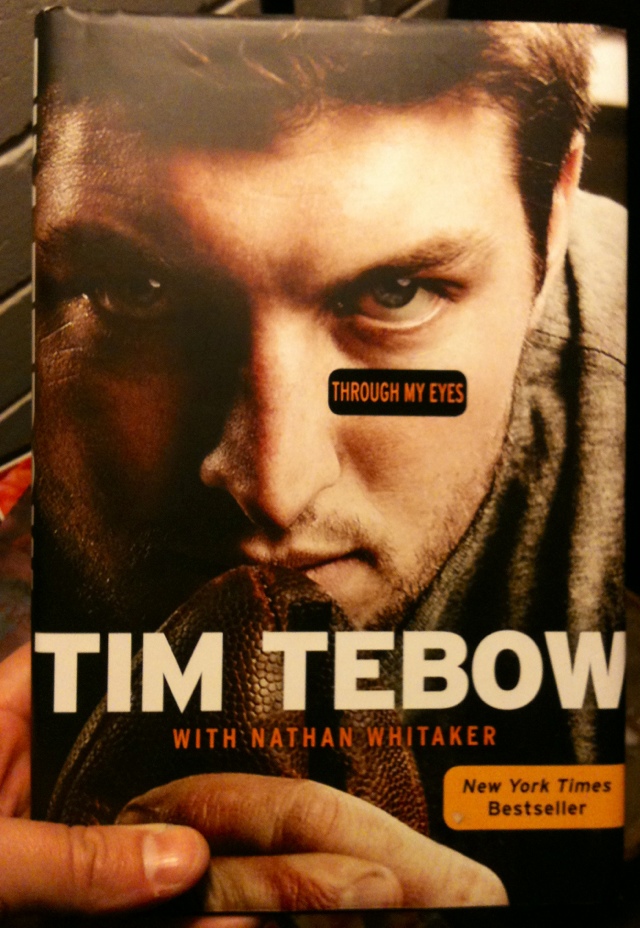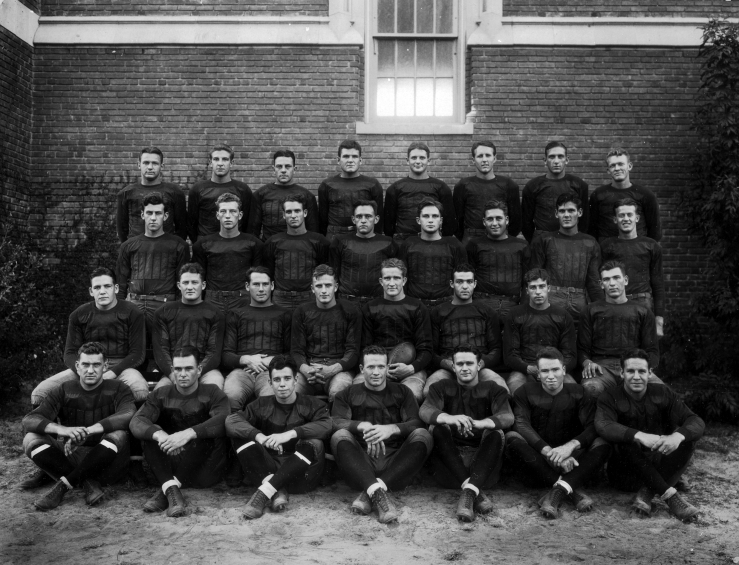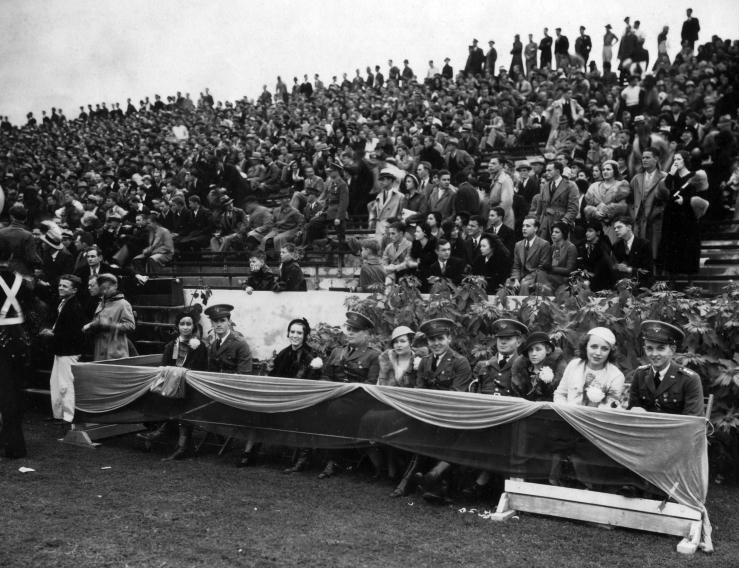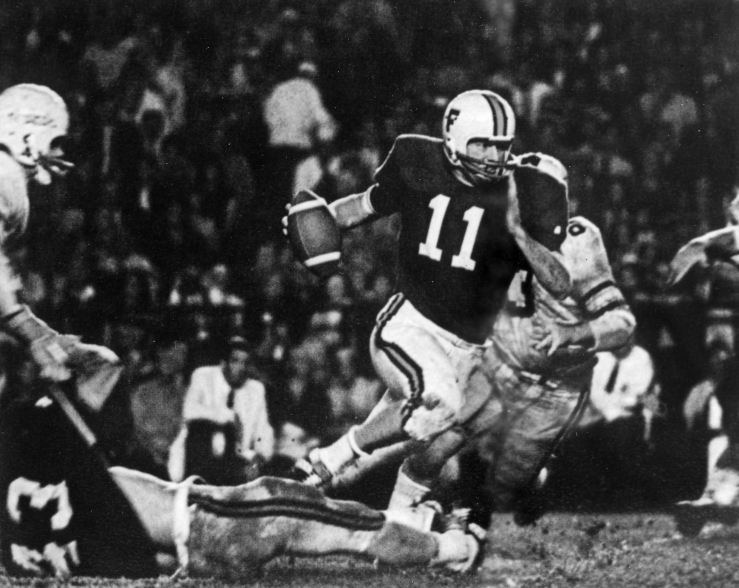
Harry Crews died today at 76 in Gainesville, FL, where he lived and worked for years.
This isn’t an obituary—I’m sure you can find them elsewhere (I haven’t looked yet, but they’ll be out there)—it’s more a riff about me than Crews. Solipsistic, narcissistic, sure. Let’s say I feel a sense of unearned pride for the man, a geographical kinship, as if some of his bloody bravura might splatter on me, anoint me, confer on me a glimpse of his strange powers. (And although I would feel this way in any case, I’ll point out that Crews and I shared the same birthday). Maybe I should wait to write, put together a detailed overview of his work, delineate a chronological progression of his life and work . . . But it’s a warm spring day in Florida, I’m three beers down, a small buzz behind my eyes, the whir of the cheap electric fans on my backporch goading me into dim golden memory . . .
I graduated high school in 1997 and went to the University of Florida in Gainesville that fall—just in time to learn that Crews had retired his position in the Creative Writing department (he was also a graduate of the university) that spring. It was disappointing for me.
I’d read a few of Crews’s blistering, blustering novels, dark comic rants about the dirty malfeasance backwood Cracker folk get into after dark, and he’d come to occupy a fabled place in my impressionable mind—a Southern answer to the Bukowski and Henry Miller books I devoured in kind.
I was 18 and dramatically naïve. I honestly thought that I was going to write a Really Great Novel, and I honestly thought that Crews was going to teach me how. In that first semester of college, the poor underpaid graduate student who led the Creative Writing class I took—a class that all but killed a desire to write creatively for years (I write “all but” because I took a second fiction writing class that was the metaphorical nail in the coffin) informed me that Crews was no longer writer-in-residence (!), that some guy named Padgett Powell had taken up that mantle. This news dispirited me, took some of the wind out of my romantic illusions (without, y’know, properly killing them off). Maybe I’d have stuck it through the program if I thought it might end in a seminar with Crews, it’s hard to say. (I’ll also point out that it took me years to give Padgett Powell a fair read).
I won’t pretend to be sad at the death of Harry Crews: 76 is pretty old if you drank and fought and lived like that man did, and he’s already given more literature to the world than most of us could ever hope to. I was more sad at 18 to learn that I wouldn’t learn from him (not realizing at that age that reading is a way of learning). These statements seem in bad taste as I write them, but I assure you they’re not. You’re being too sensitive. But I do want to connote some reverence for the man, for his work at least, for his tales of rage and poverty, for the truth he sussed out of the swampy south.
Here’s a shift: Barry Hannah, another Southern boy whose work I’ve come to love, was not on my radar until his death in 2010. This isn’t to say I wouldn’t have found his stuff if he hadn’t died then, but I think that we all know what I’m pointing to here, the grand appraisals and reappraisals that we focus on our late writers, whose deaths might entail a second life, a life again in new readers. And Crews deserves readers: His writing is raw and jagged and ugly. It’s hard to imagine someone producing something like A Feast of Snakes or The Gypsy’s Curse today—I mean it would just be too politically incorrect I suppose. Crews is the kind of cult writer whose cult will likely grow a little now, after his death.
Starting places: The anthology Classic Crews collects Crews’s memoir Childhood, the novels Car and The Gypsy’s Curse, as well as some essays. There’s also Florida Frenzy, an essay collection larded with sex and violence and animals. You can’t go wrong with his novel A Feast of Snakes. Well, maybe you can. It’s actually entirely possible that Crews isn’t for your faint heart or delicate sensibilities—and that’s fine. But for those intrigued, come and get the grit.







